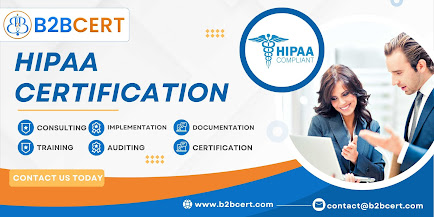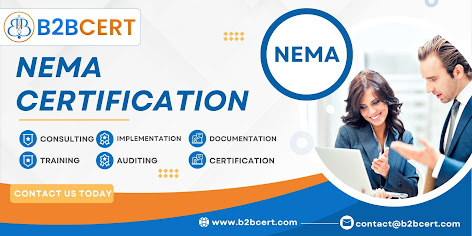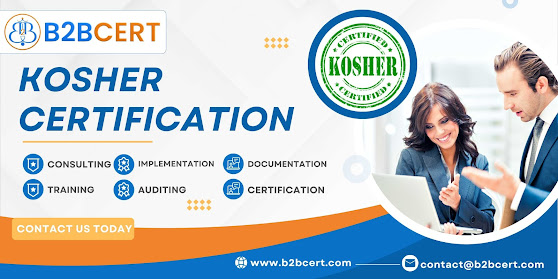Egyptian Food Manufacturer Achieves FSSC 22000 Certification: A Milestone in Food Safety Assurance

The adoption of robust food safety management systems is paramount in today's globalized food industry. In Egypt, as in many countries, ensuring the safety and quality of food products is not only a regulatory requirement but also a vital component of consumer trust and market competitiveness. One significant tool that has gained prominence in this pursuit is the FSSC 22000 Certification . FSSC 22000 stands for Food Safety System Certification 22000, and it is a globally recognized standard for food safety management systems. Developed by the Foundation for Food Safety Certification, FSSC 22000 integrates the requirements of ISO 22000, the international standard for food safety management systems, with additional requirements for prerequisite programs (PRPs) such as Good Manufacturing Practices (GMPs) and Hazard Analysis and Critical Control Points (HACCP). In Egypt, the adoption of FSSC 22000 Certification has seen considerable growth in recent years, reflecting the nation's



